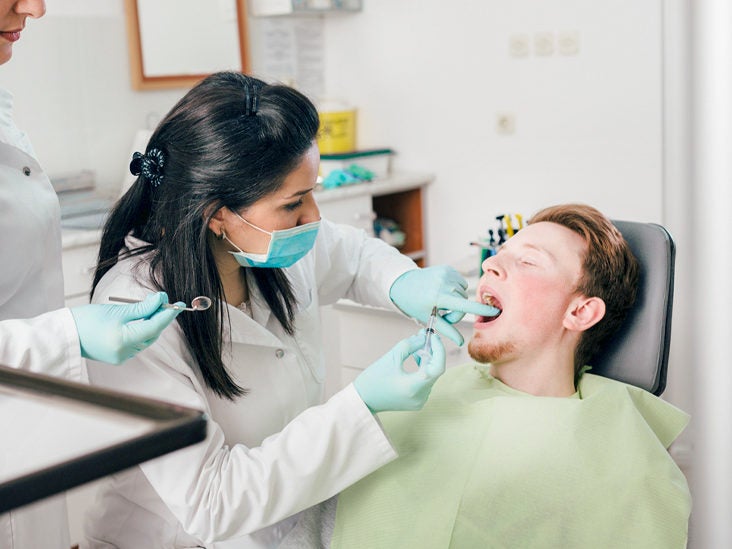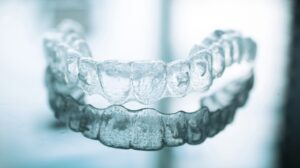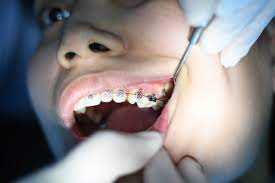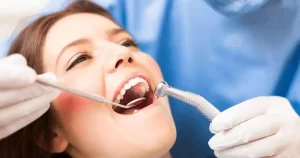 A Dentist is a medical professional that specializes in the field of oral health. Along with this role, he is supported by a team of dental assistants, dental hygienists, technicians, and therapists who help provide patients with dental care. In addition to the dentist, these specialists are also referred to as dental surgeons. Have a look at Dean Street Dental – St Charles Dentist to get more info on this.
A Dentist is a medical professional that specializes in the field of oral health. Along with this role, he is supported by a team of dental assistants, dental hygienists, technicians, and therapists who help provide patients with dental care. In addition to the dentist, these specialists are also referred to as dental surgeons. Have a look at Dean Street Dental – St Charles Dentist to get more info on this.
A dentist has several duties, such as supervising dental staff, scheduling appointments, and developing treatment plans for patients. They are also responsible for approval of the office budget and staffing needs. In addition to their duties, a dentist may also supervise dental hygienists or assistants. Some dentists choose to specialize in areas like orthodontics, pediatric dentistry, and oral pathology.
A dentist must be licensed in the state where they practice. While licensing requirements vary, most states require that dental professionals earn a DDS or DMD degree from an accredited dental school and take a national or state clinical examination. Depending on the specialty that a dentist wishes to practice, he or she must also complete a residency or complete additional education.
Typically, dental school training takes four years to complete. However, some countries require dentists to complete residency programs that last two to six years. These programs typically include specialized training in one subspecialty and may lead to joint M.D. degrees. While dentists who choose not to complete postgraduate education do not need special training, those who wish to teach or conduct research may opt for this advanced training.
When visiting a dentist, they will conduct a comprehensive examination of your teeth and gums. They will check for cavities and check for problems like gum disease and mouth cancer. This prevents more serious dental problems from developing. It is important to schedule regular checkups with a Dentist to ensure a healthy smile.
Dentists will also clean your teeth and provide you with advice about your oral health. They will check for cavities and check that your teeth are growing correctly. They will also shine an overhead light inside your mouth to examine your teeth. You’ll also receive advice on how to care for your teeth at home. Your Dentist should have a variety of staff to handle your dental issues.
 The Invisalign system is a customized solution for people with complex orthodontic problems. It is created by taking 3D digital images of a patient’s mouth. These images are sent to an Invisalign laboratory to create a precise set of aligners. These aligners are worn over the teeth over a specified period of time. During this process, the patient will be able to see their teeth and the progress they are making. By clicking here we get info about
The Invisalign system is a customized solution for people with complex orthodontic problems. It is created by taking 3D digital images of a patient’s mouth. These images are sent to an Invisalign laboratory to create a precise set of aligners. These aligners are worn over the teeth over a specified period of time. During this process, the patient will be able to see their teeth and the progress they are making. By clicking here we get info about  An orthodontist is a dentist specializing in correcting the misalignment of teeth. He or she may also address changes in facial growth. This field is often referred to as dentofacial orthopedics. The goal of this profession is to make a patient’s smile as beautiful and healthy as possible. Do you want to learn more? Visit
An orthodontist is a dentist specializing in correcting the misalignment of teeth. He or she may also address changes in facial growth. This field is often referred to as dentofacial orthopedics. The goal of this profession is to make a patient’s smile as beautiful and healthy as possible. Do you want to learn more? Visit  Root Canal Treatment is a series of dental treatments designed to remove an infected pulp and preserve the tooth from future microbial invasion. There are a variety of options available. Your dentist can recommend a course of treatment that will work for you. This treatment is highly effective and requires just a single dental appointment. However, it is important to choose a reputable provider when you have to undergo this procedure. Read on to learn more.
Root Canal Treatment is a series of dental treatments designed to remove an infected pulp and preserve the tooth from future microbial invasion. There are a variety of options available. Your dentist can recommend a course of treatment that will work for you. This treatment is highly effective and requires just a single dental appointment. However, it is important to choose a reputable provider when you have to undergo this procedure. Read on to learn more.  A dental implant is a surgically-replaced component that functionally interfaces with the patient’s existing bone or gum tissue to serve as an anchor for a new dental appliance like a denture, crown, bridge, or straightener. The dental implant process can take several different approaches to accomplish desired results, but the typical approach involves the placement of either one or more dental implants – each of which is surgically placed into the bone of the gums to form a customized artificial tooth – bonded directly to the patient’s existing bone. Implants can be made from a variety of materials including metals, ceramic composites, and natural human teeth. Although implants are typically made in a dental clinic with the assistance of a dentist, they can also be made at home using a kit containing dental materials and an instruction manual. By clicking here we get info about
A dental implant is a surgically-replaced component that functionally interfaces with the patient’s existing bone or gum tissue to serve as an anchor for a new dental appliance like a denture, crown, bridge, or straightener. The dental implant process can take several different approaches to accomplish desired results, but the typical approach involves the placement of either one or more dental implants – each of which is surgically placed into the bone of the gums to form a customized artificial tooth – bonded directly to the patient’s existing bone. Implants can be made from a variety of materials including metals, ceramic composites, and natural human teeth. Although implants are typically made in a dental clinic with the assistance of a dentist, they can also be made at home using a kit containing dental materials and an instruction manual. By clicking here we get info about  Dentists are vital to the overall health and well-being of their patients. It can be tough to find a good one, but using this comprehensive guide you’ll have everything you need to make an informed decision. We’ve broken down the different types of dentists and put together a ranking so you can find the best one for your needs. By clicking here we get info about
Dentists are vital to the overall health and well-being of their patients. It can be tough to find a good one, but using this comprehensive guide you’ll have everything you need to make an informed decision. We’ve broken down the different types of dentists and put together a ranking so you can find the best one for your needs. By clicking here we get info about